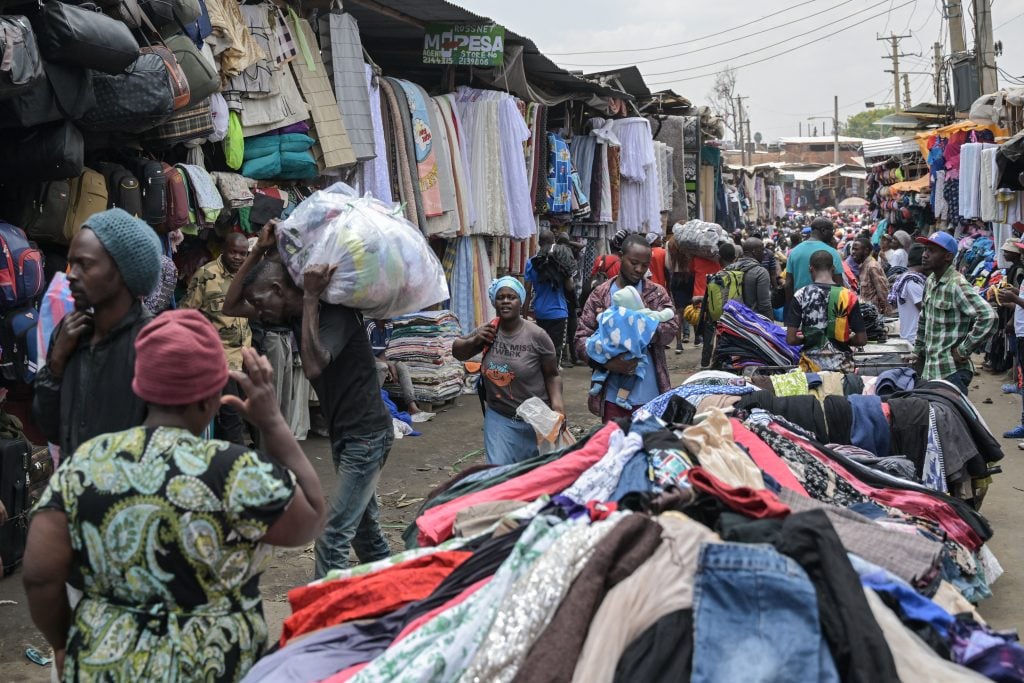
New data from Kenya’s State Department for Micro, Small, and Medium Enterprises (MSMEs) has shown that default rates for loans from Kenya’s “Hustler Fund,” a government initiative which allows citizens to access credit at cheaper rates than commercial banks, now surpass 50%, as questions continue to be raised over the viability of President William Ruto’s flagship economic programme.
In his manifesto prior to the last general election in 2022, Ruto pledged to launch a “Hustler Fund” in a bid to offer poorer Kenyans instant loans at affordable rates. The interest rate of Hustler Fund loans is 8% annually, calculated daily at a rate of 0.02%, in a country where some commercial entities charge more than 100% in annual rates.
Some industry figures raised questions about the sustainability of the project at the time, given that central bank interest rates, currently at 12.75%, are higher than the Hustler Fund rate of 8%. Furthermore, some criticised the expense of the scheme – President Ruto launched the Hustler Fund with KSh50bn ($388m) – given that the Kenyan government is often at high-risk of defaulting on its external debts and has pledged to try and bring spending down.
The need to cut spending has become even more of a priority in recent months after the government was forced to backtrack on its plans to increase revenue via tax rises, after deadly protests broke out in Nairobi and other major cities across the country.
‘No serious consequences for defaulters’
Now, government data has shown that more than half of Hustler Fund borrowers have defaulted on repayments totalling KSh11bn ($85mn), with the non-performing loan (NPL) ratio currently at 21%.
A financial industry insider tells African Business that one reason for this is the fact that the Kenyan authorities have been reluctant to enforce repayments.
“There are no serious consequences for defaulters – the Central Bank of Kenya previously excoriated fintech leaders for listing low-income borrowers on a Credit Reference Bureau, despite telco also engaging in this practice – as the government is reluctant to take on the collection responsibility which goes with responsible lending.”
President Ruto has defended the Hustler Fund this week, saying “22 million Kenyans are beneficiaries, and today, 2 million Kenyans borrow daily.”
“It is delivered on a technology platform, and it is the only government project that has no corruption,” he added.
But an industry figure tells African Business that the Hustler Fund is a politically motivated project that makes little economic sense.
“The government was elected on a ticket of supporting the “hustler”, informal economy […] the public from the outset perceived the Hustler Fund as a “thank you” from a new government for their successful election.”
“Repayment behaviour is strongly influenced by the realistic cost to the borrower as long as the loan is outstanding, by the value conferred by the loan, and by the consequences of default,” they say.
“The Hustler Fund’s price point is market-distorting and would have seriously worried Kenya’s well-established and much-needed credit industry, were it not for the near limitless demand for debt which needs to be serviced responsibility.”










Comments